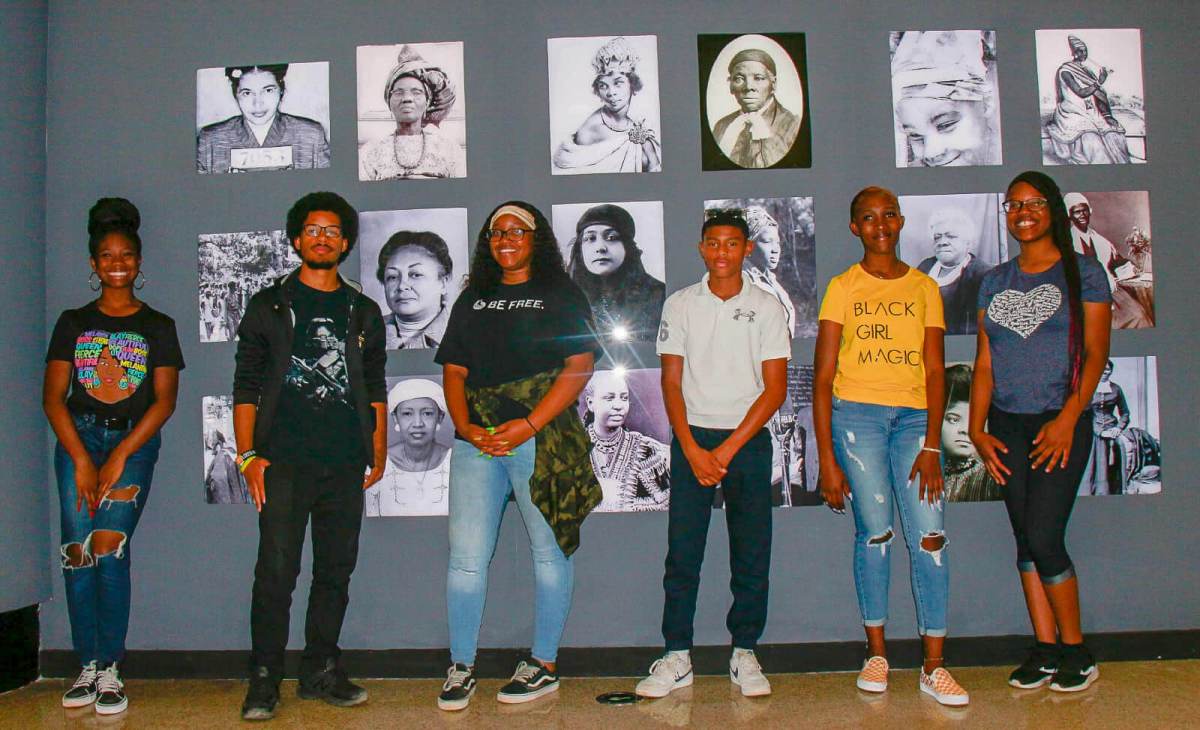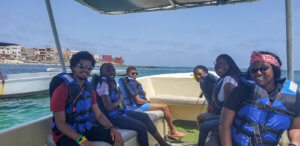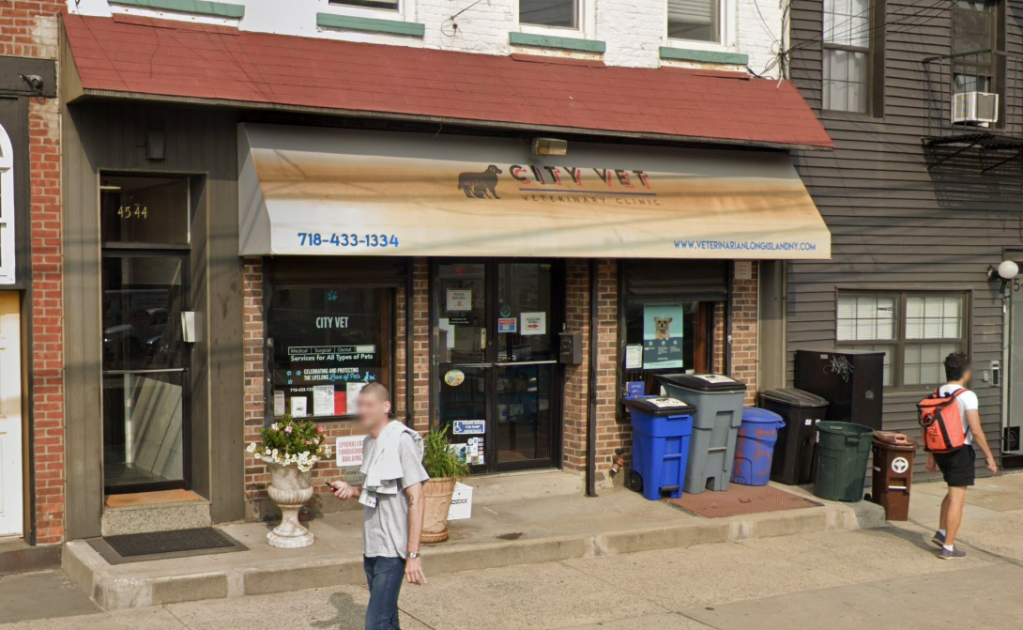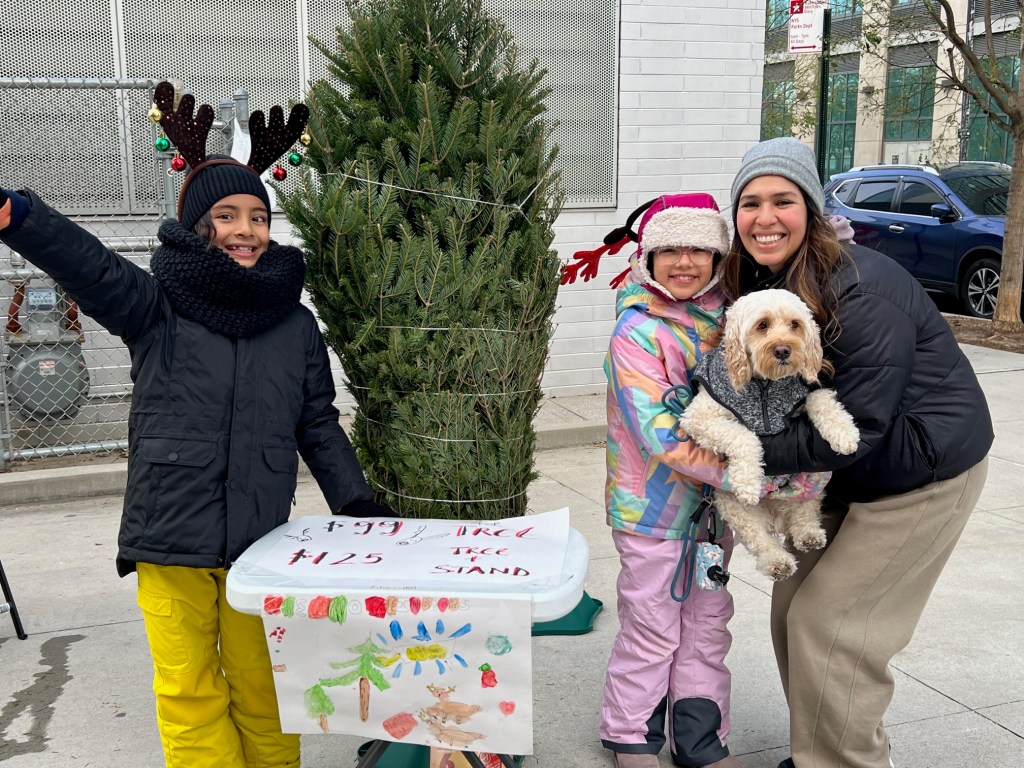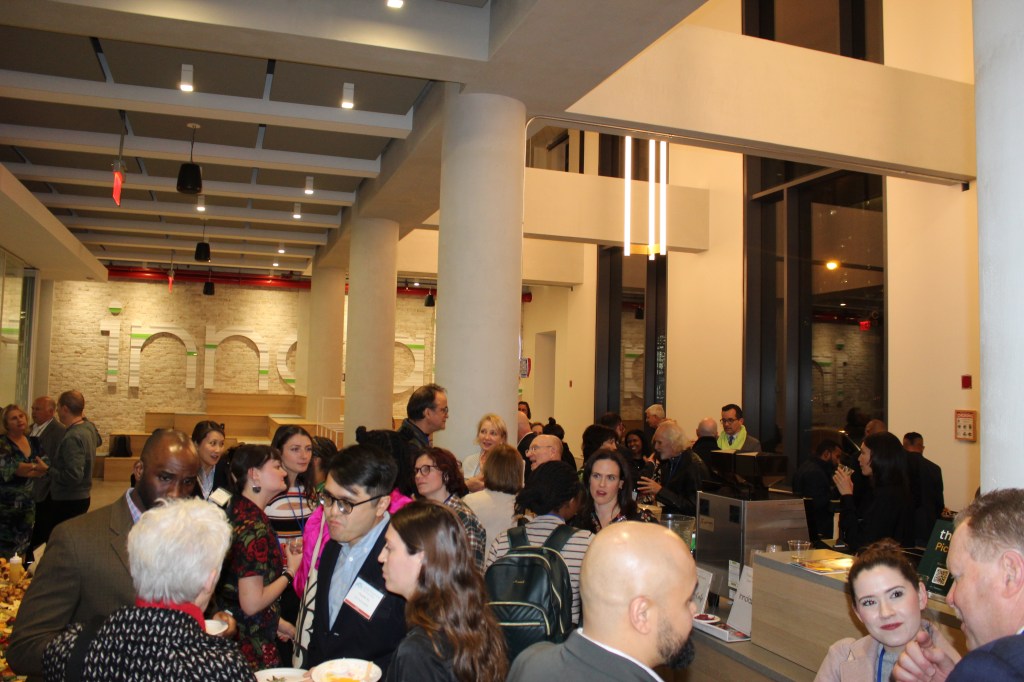Three Queens students recently returned from their summer trip to Senegal in West Africa, where they discovered the culture and history of the country while interacting with entrepreneurs, educators, and Senegalese youth.
Olivia Davis and Suesilla Daley, both 17, and seniors at John Adams High School in Ozone Park, and Adrian Hernandez, 18, a student at William Cullen Bryant High School in Long Island City, were among a group of five students selected by Global Kids Inc. for the 10-day excursion from July 23 to Aug. 1.
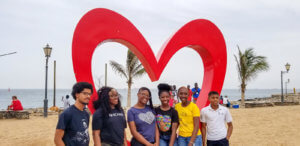
“Providing meaningful international travel experiences for young people, particularly youth from underserved communities, is life-changing,” says Evie Hantzopoulos, Global Kids executive director. “Our Global Kids Leaders will share what they learned with their peers and communities when they return to school, and we can’t wait to see their projects and presentations.”
The trip is part of a partnership with Black Birthright, an initiative of the Tunstall Foundation founded in 2019. Black Birthright is an immersive program taking Black American high school students to African countries to learn their history, experience the continent’s rich culture and develop a stronger sense of self and purpose.
The students visited Goree Island and the Museum of Black Civilizations, where they learned about the Transatlantic Slave Trade, witnessing Senegal’s ecological beauty of Somone Lagoon Reserve and Ile de Sarpan, enjoying the sights of Senegal’s shopping district and touring one of the country’s most prominent college campus.
“I was expecting a huge culture shock but the kids who we spoke too are English speakers and a lot of them listen to the same musical artists that I like, which I wasn’t expecting,” Daley said. “We had a lot more in common than I had originally thought.”
For Daley, the overall experience was life-changing, she says, and emotional.
“There was so much emotional stuff happening for me being where my ancestors were, at the time,” Daley said. “I went to the Door of No Return [one of the biggest House of Slaves on Goree Island] and I was able to return where my ancestors thought they would never be able to return.”
For Hernandez, the Senegalese were very inviting and treated their guests like family, he said.
“I learned a lot about their agricultural lifestyle, how they grow their crops without much use of water, especially when it doesn’t rain as often,” Hernandez said. “Also, how some people live whether in urban or rural areas as well as where they work and play together all day everyday.”
Davis said the trip to Senegal opened up her mind to see Africa differently than what it is portrayed as, such as learning about entrepreneur businesses, in addition to slavery and colonialism.
“I think this trip was a great way to start a conversation on the topic of slavery and we were able to speak on different things going on in the world. We were educated wonderfully on the history of Senegal and Africa, and we made great connections with each other and other people we met there. It was a wonderful experience and cultural enrichment,” Daley said.

